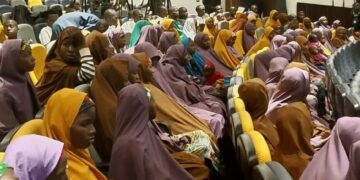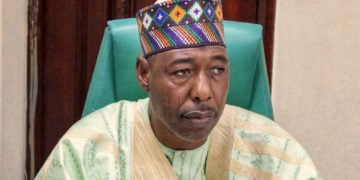The Zamfara Government, in collaboration with the United Nations Population Fund (UNFPA), has sensitised the members of the Civil Society Organisations (CSOs),media and the academia to demographic dividends.
The four-day capacity building and sensitisation was part of the UNFPA’s global mandate, with focus on countries and regions with young population.
The first category of the training, held in Gusau on Tuesday, had participants from media houses, academic institutions and CSOs.
Mr Lawal Shehu, State UNFPA Coordinator, said the training aimed to sensitise stakeholders in the concept of demographic dividend.
“As we just heard from the resource persons, the demographic dividends is a process through which we can harness the potential of our teeming population.
“You know, in Zamfara, about 60 percent of our population are dependent, which means the lesser population working to take care of the larger population.
“In this kind situation, there must be a problem to have a society that a larger population depends on the lesser.
“In this situation, the economy cannot be able to grow smoothly,” Shehu said.
He added that the training was necessary to sensitise stakeholders to the concept of the demographic dividends and ways of addressing over dependency on the lesser population.
“This is the first step, to have stakeholders such as CSOs, the media and academics, after which we are going to further develop a roadmap for the demographic dividend.
“We will also integrate the demographic dividend in to the state development plan,” Shehu added.
Mr Andat Dasogot, the Assistant Representative of the UNFPA who facilitated the training said engagement with the stakeholders was necessary considering their roles in the sensitisation process.
“The demographic dividends aim to ensure that we reduce the dependants in our growing population.
“This is to ensure that we invest more in education, skills, health and create more opportunities the teeming population and provides good governance for them.
“Having extended all our presentations, we expect the participants to move further and extend the knowledge acquired at their various levels”, Dasogot said.
Mr Fauzideen Muhammad, one of the participants said the training was able to explain more on how to harness future developments through the population potential.
“At our level, we are going to provide technical support in the areas of monitoring and evaluation to achieve the goal of achieving demographic dividend in the state,”he said.
At the end of the training, members of the CSOs and media that attended the training planned to sensitise policy makers in the state to the need to come up with policy frameworks to ensure the successful implementation of demographic dividends in the state.
END





